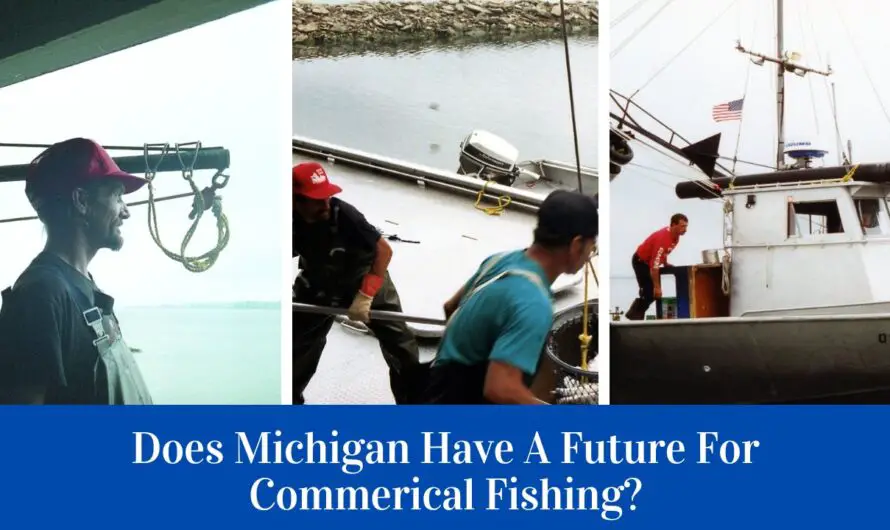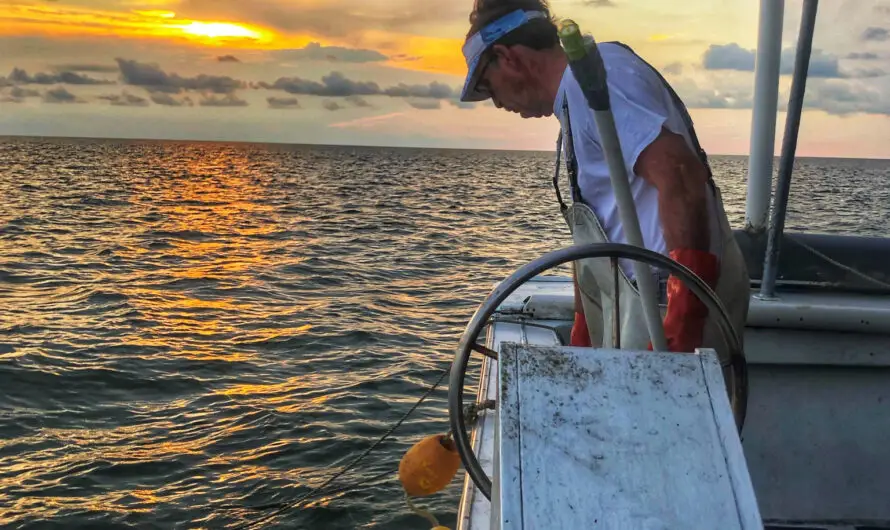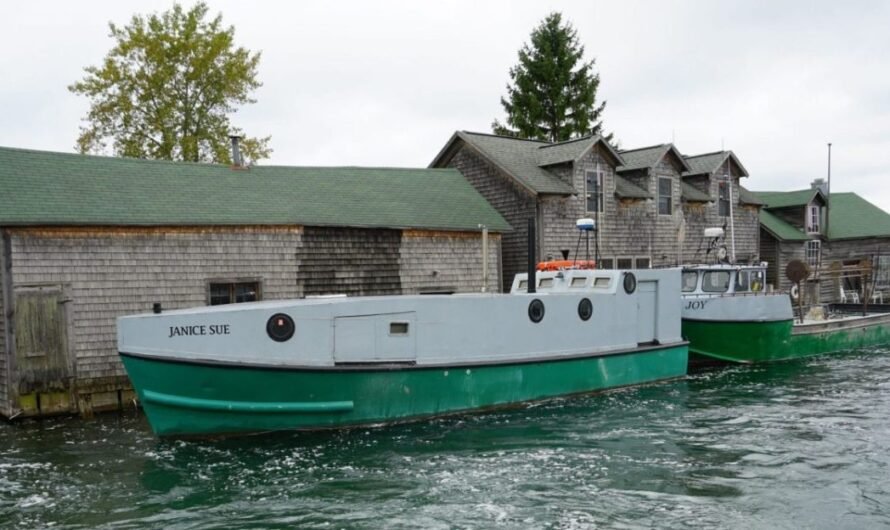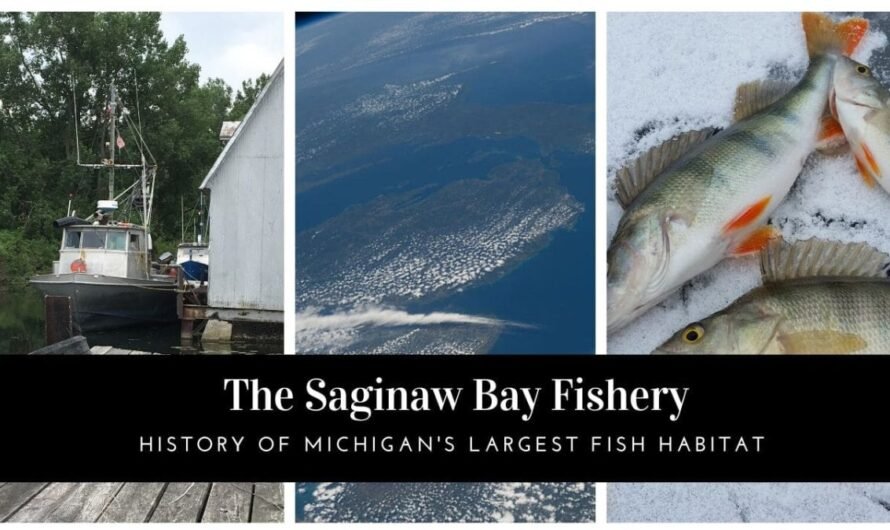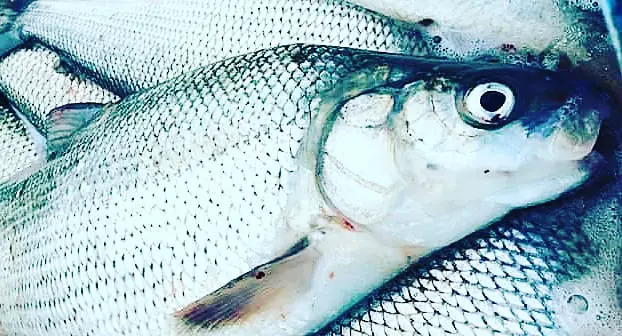Future Michigan Commerical Fishing Regulations – Two House Bills Have Dueling Visions for Fish and Fortune
Does Michigan have a future for commericial fishing? Michigan’s legislative showdown with House Bills No. 5108 and No. 5553 shaping the future of the Great Lakes. Will economic growth sink sustainability, or can harmony be found in Michigan’s waters? Read more about the clash between commerce and conservation rocking Michigan’s boats.

